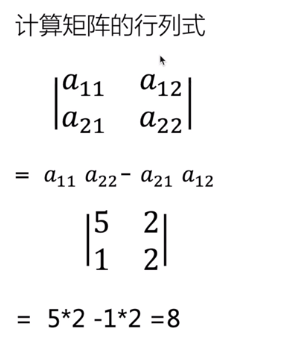NumPy "Universal Function" (ufunc)
·Element-level functions: perform operations on each element in the
array·Array-level functions: statistical functions, functions like aggregates, summation, average, etc.
Calculate the absolute value abs
import numpy as np
arr = np.array([5,2,0,-1,-3,-1,-4])
np.abs(arr)
#array([5, 2, 0, 1, 3, 1, 4])
Calculate the square of each element
np.square(arr)
#array([25, 4, 0, 1, 9, 1, 16], dtype=int32)
Square root of each element
np.sqrt(arr)
Exponent based on e (E to the power of X)
np.exp(arr)
Logarithm to base e
np.log(arr)
np.log10(arr)
np.log2(arr)
Returns the sign of each element
np.sign(arr)
Sort (default ascending) sort
np.sort(arr)
#多维数组排序
arr.sort(axis=1)
Remove duplicate elements
arr=np.array([5.2,-0.1,3,14])
np.unique(arr)
Improvement / trade-in
np.ceil(arr)
np.floor(arr)
rounding
np.rint(arr)
Decimal integer separation
np.modf(arr)
Trigonometric function
np.tan(arr)
np.cos(arr)
np.sin(arr)
Sum
np.sum(arr)
Average
np.mean(arr)
Standard deviation
np.std(arr)
variance
np.var(arr)
Min/max value and index
np.min(arr)
np.max(arr)
np.argmaxin(arr)
np.argmax(arr)
Cumulative sum/product of array elements
np.cumsum(arr)
np.cumprod(arr)
Matrix operations numpy.linalg
Returns the diagonal elements of the matrix
np.diag(a)
Diagonal elements and
np.trace(a)
Calculate the matrix determinant

np.linalg.det(a)
Matrix inverse
np.linalg.inv(a)
Matrix dot

product np.dot (a, aT)